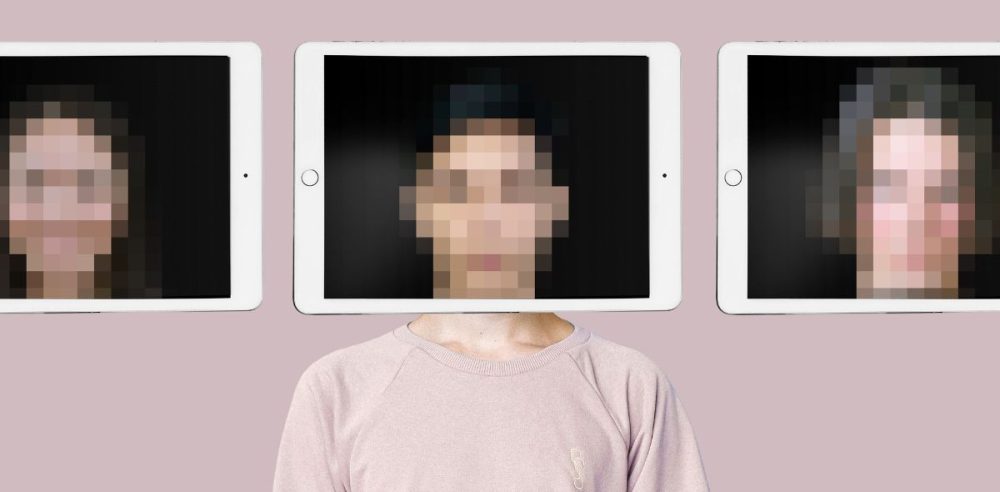Deepfakes — realistic but fabricated videos created with artificial intelligence — have had a noticeable impact on voter decision-making in the 2024 election.
A recent survey reveals that nearly 50% of voters believe these deceptive media pieces influenced their voting decisions, highlighting the growing role of misinformation in shaping political outcomes, the New York Post reported.
Political operatives increasingly relied on AI-generated content to blur the truth as campaigns heated up. With hyper-realistic deepfakes portraying candidates making inflammatory remarks or engaging in scandalous behavior, many voters struggled to distinguish fact from fiction.
Experts warn that these manipulated videos erode public trust, not only in candidates but also in the electoral process itself. Election officials have flagged deepfakes as a significant security threat, concerned about their potential to sway undecided voters and fuel disinformation efforts.
Both Republican and Democratic campaigns have faced challenges from deepfakes, with manipulated content often designed to sow confusion rather than directly support one side. Social media platforms have ramped up fact-checking and content moderation, but these efforts have proven insufficient to contain the spread.
Deepfakes’ influence draws comparisons to previous disinformation crises, with analysts pointing out the similarity to past interference efforts. However, this new wave of AI-generated content is more challenging to detect and neutralize, amplifying its disruptive potential.
With election day fast approaching, the public and officials alike are on high alert for additional deepfake content that could emerge, potentially undermining the legitimacy of the results. As voters navigate the final stretch, the question remains: how much damage has already been done?
This article was written with the assistance of artificial intelligence.


